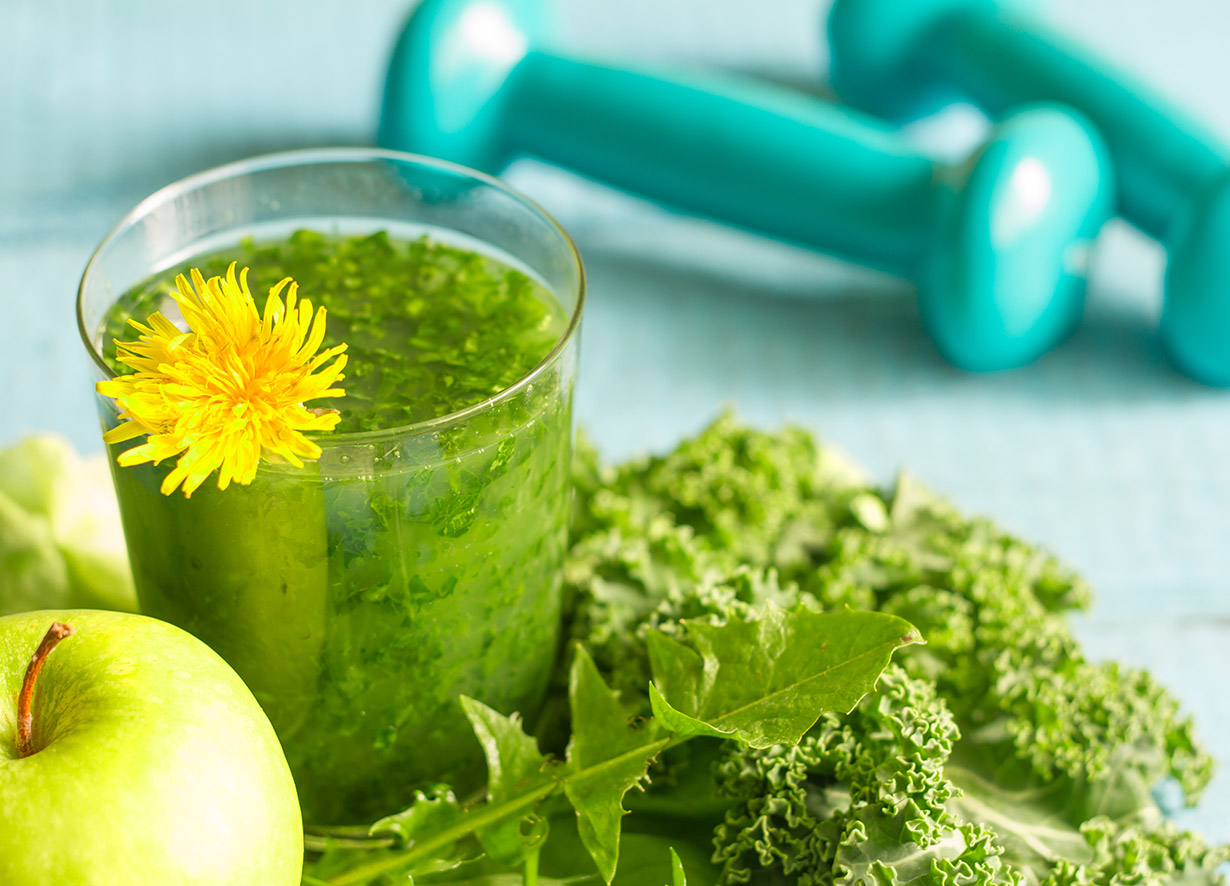Winter is often a time when colds, flu, and other infections seem to circulate more widely. As the cold weather sets in, our immune systems may face added stress due to changes in temperature, less sunlight, and more time spent indoors. The good news is that incorporating certain foods into your diet can help support and strengthen your immune system. Here are some of the best immune-boosting foods to consume during winter:
- Citrus Fruits
Citrus fruits, such as oranges, grapefruits, lemons, and limes, are packed with vitamin C, a nutrient known to enhance immune function. Vitamin C helps stimulate the production of white blood cells, which are essential for fighting infections. Eating a variety of citrus fruits can help ensure you get a solid dose of this powerful nutrient throughout the winter months.
Tip: Start your day with a glass of fresh orange juice or add lemon slices to your tea for an immunity boost.
- Garlic
Garlic has been used for centuries for its medicinal properties, particularly its ability to combat infections. It contains compounds like allicin, which have antibacterial, antiviral, and antifungal properties. Garlic has been shown to help enhance immune response and may even shorten the duration of illnesses such as the common cold.
Tip: Add minced or crushed garlic to soups, stews, and roasted vegetables to enjoy its immune-boosting benefits.
- Ginger
Ginger is another powerful root with strong anti-inflammatory and immune-boosting properties. It contains compounds like gingerol, which can help reduce inflammation and fight infections. Ginger also has warming qualities, making it perfect for winter.
Tip: Enjoy a hot cup of ginger tea or add fresh ginger to smoothies, soups, or stir-fries to keep your immune system strong.
- Leafy Greens
Dark, leafy greens such as spinach, kale, and Swiss chard are rich in vitamins A, C, and K, all of which play important roles in immune health. These vegetables are also high in antioxidants that protect the body from harmful free radicals and support overall health.
Tip: Include a serving of leafy greens in your salad, or sauté them with olive oil and garlic for a quick and nutritious side dish.
- Yogurt and Probiotics
A healthy gut is closely linked to a strong immune system. Yogurt, particularly those containing live and active cultures, is an excellent source of probiotics. Probiotics are beneficial bacteria that help maintain the balance of your gut microbiota, which plays a crucial role in immune function.
Tip: Choose plain, unsweetened yogurt and top it with honey, fresh fruit, or nuts for added flavor and nutrients.
- Nuts and Seeds
Nuts and seeds, such as almonds, walnuts, sunflower seeds, and chia seeds, are packed with essential nutrients like vitamin E, zinc, and healthy fats. These nutrients help support immune cell function and reduce inflammation. Vitamin E, in particular, is a powerful antioxidant that supports the body’s ability to fight off infections.
Tip: Snack on a handful of mixed nuts or add chia seeds to your morning smoothie or oatmeal.
- Red Bell Peppers
Red bell peppers are one of the richest sources of vitamin C, even more so than citrus fruits. Vitamin C is essential for maintaining a healthy immune system and may help reduce the severity and duration of colds. Additionally, red bell peppers contain beta-carotene, which the body converts into vitamin A to support skin health and immunity.
Tip: Slice up red bell peppers for a crunchy snack, or add them to stir-fries, salads, or roasted vegetable medleys.
- Turmeric
Turmeric contains curcumin, a powerful compound with anti-inflammatory, antioxidant, and antimicrobial properties. Regular consumption of turmeric has been linked to improved immune function, reduced inflammation, and protection against chronic diseases.
Tip: Add turmeric to soups, curries, and smoothies, or try a warm turmeric latte (often called “golden milk”) for a soothing winter drink.
- Bone Broth
Bone broth is an excellent source of collagen, gelatin, and essential amino acids that support gut health, which in turn plays a vital role in immune function. It also contains minerals like zinc and magnesium, which are important for immune health and overall well-being.
Tip: Sip on a warm mug of bone broth as a snack or incorporate it into soups and stews for added nourishment.
- Mushrooms
Mushrooms, particularly varieties like shiitake, maitake, and reishi, are known for their immune-boosting properties. They contain beta-glucans, compounds that enhance the immune system’s ability to fight off infections. Mushrooms are also a rich source of antioxidants and vitamins, including vitamin D, which is crucial for immune health during the winter months when sunlight exposure is limited.
Tip: Add mushrooms to stir-fries, soups, and salads, or sauté them with garlic and herbs for a flavorful side dish.
- Berries
Berries like strawberries, blueberries, and raspberries are rich in antioxidants, particularly flavonoids and vitamin C. These compounds help fight oxidative stress, reduce inflammation, and support the immune system in combating infections.
Tip: Enjoy a bowl of mixed berries as a snack or add them to yogurt, oatmeal, or smoothies for a nutrient-packed boost.
- Green Tea
Green tea is rich in antioxidants, particularly catechins, which have been shown to boost immune function. The polyphenols in green tea can help inhibit the growth of harmful bacteria and viruses while supporting the overall health of your immune system.
Tip: Drink a cup of green tea daily, and consider adding honey or lemon for extra immune support.
Conclusion
Incorporating these immune-boosting foods into your winter diet can help protect your body from seasonal illnesses and keep your immune system functioning optimally. From vitamin C-packed citrus fruits to gut-friendly probiotics and anti-inflammatory spices, these foods offer a natural way to strengthen your immunity and stay healthy throughout the colder months. Along with a balanced diet, don’t forget the importance of staying hydrated, getting enough rest, and managing stress to maintain overall health and wellness during winter.

